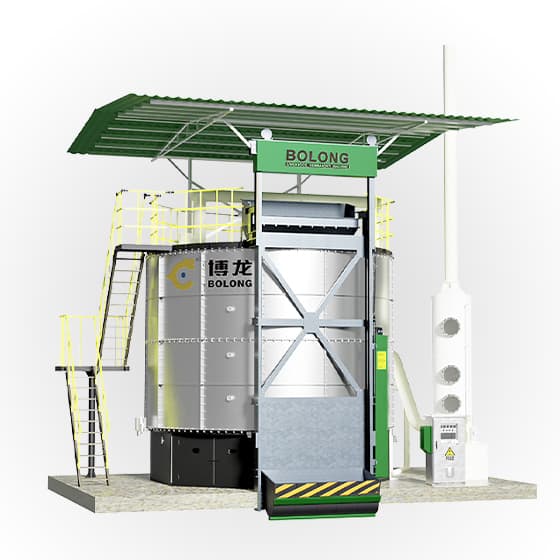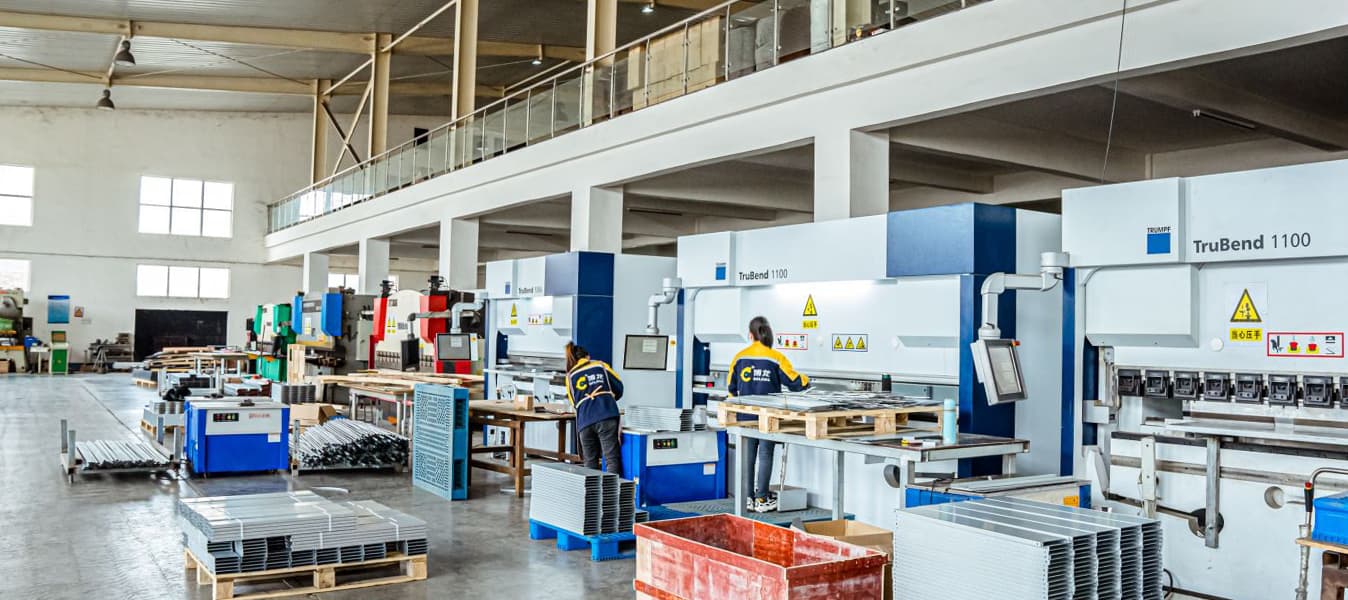Introduction
While livestock fermentation tanks offer numerous benefits for waste management and resource recovery, their adoption may face various challenges. This article identifies common obstacles and proposes strategies to overcome them, facilitating the wider adoption of fermentation tanks in agricultural operations.

Initial Investment Costs
- Challenge:
The initial investment required to purchase and install fermentation tanks can be substantial, especially for small and medium-sized farms with limited capital.
- Solution:
Explore financing options such as loans, grants, or government subsidies specifically designed to support investments in sustainable agricultural technologies. Additionally, consider leasing or rental arrangements to spread out the upfront costs over time.
Technical Complexity
- Challenge:
Operating and maintaining fermentation tanks may require specialized knowledge and skills, posing a challenge for farmers unfamiliar with the technology.
- Solution:
Provide comprehensive training and technical support to farmers on the operation, maintenance, and troubleshooting of fermentation tanks. Develop user-friendly manuals and online resources to facilitate learning and skill development.

Regulatory Compliance
- Challenge:
Compliance with environmental regulations and permitting requirements for waste management facilities can be complex and time-consuming.
- Solution:
Work closely with regulatory agencies to navigate the permitting process and ensure compliance with applicable regulations. Provide documentation and evidence of the environmental benefits and safety measures associated with fermentation tank systems.
Scaling Up Operations
- Challenge:
Scaling up fermentation tank operations to meet the waste management needs of large livestock farms may present logistical and operational challenges.
- Solution:
Implement modular and scalable designs that allow for easy expansion of fermentation tank systems as farm operations grow. Work with experienced suppliers and consultants to develop customized solutions tailored to specific farm requirements.
Public Perception and Acceptance
- Challenge:
Public perception and acceptance of fermentation tank technology, particularly regarding odor control and environmental impact, may influence community support and regulatory approval.
- Solution:
Engage with local communities through outreach programs, educational initiatives, and open-house events to address concerns and demonstrate the benefits of fermentation tanks. Implement odor mitigation measures and environmental monitoring to ensure compliance and build trust with stakeholders.
Conclusion
Despite the challenges, the adoption of livestock fermentation tanks holds significant promise for improving waste management and sustainability in agriculture. By addressing issues related to investment costs, technical complexity, regulatory compliance, scalability, and public perception, farms can overcome barriers and unlock the full potential of fermentation tank technology.